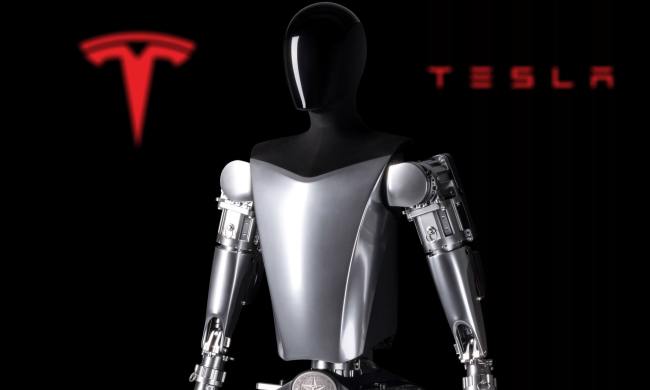
“The technologies featured at CES 2018 are the result of years of research and development in the areas of autonomous driving, eco-friendliness, infotainment and human-machine interfacing,” said Youngsuk Ko, vice president for R&D strategy and planning at Hyundai Mobis.
“We realize that the definition of mobility is rapidly changing. Hyundai Mobis puts user experience at the center of our definition of new mobility. Our aspiration is to support and enable an excellent experience by providing a people-centered, environmentally friendly platform for the era of autonomous driving.”
First and foremost is the e-Corner Module, heralded as the first integrated, modular platform designed specifically for electric and eco-friendly vehicles. The module combines a motor, e-Damper, Brake by Wire, and Steer by Wire technologies in a package capable of being installed within each wheel of a car. This eliminates the need for a traditional chassis and central engine, and instead gives EVs four-wheel drive capabilities. This, Hyundai believes, will give designers more flexibility in conceptualizing the cars of the future, providing them with more room for battery or hydrogen storage. The e-Corner Module should be developed in its entirety by 2021.
Furthermore, Hyundai has a number of smart systems in the works that seek to automate the parking process. Remote Smart Parking Assist, for example, leverages ultrasound to help cars park itself in a nearby space with just the touch of a button once the driver and passengers have disembarked. This feature is slated to enter mass production this year. Then, there’s Automatic Valet Parking, which combines self-driving technology with self-parking capabilities. With this futuristic valet service, a vehicle is able to park itself in a nearby parking lot or garage without any input from a driver or passenger. The entirely automated process instead depends upon advanced autonomous sensor technology including ultrasound, cameras, and lidar, on top of extremely precise maps and localized communication with parking infrastructure. Development of Automatic Valet Parking is also slated to be completed by the end of 2018.
Hold on tight, friends. Our cars could soon be taking us on a wild (but safe) ride.


